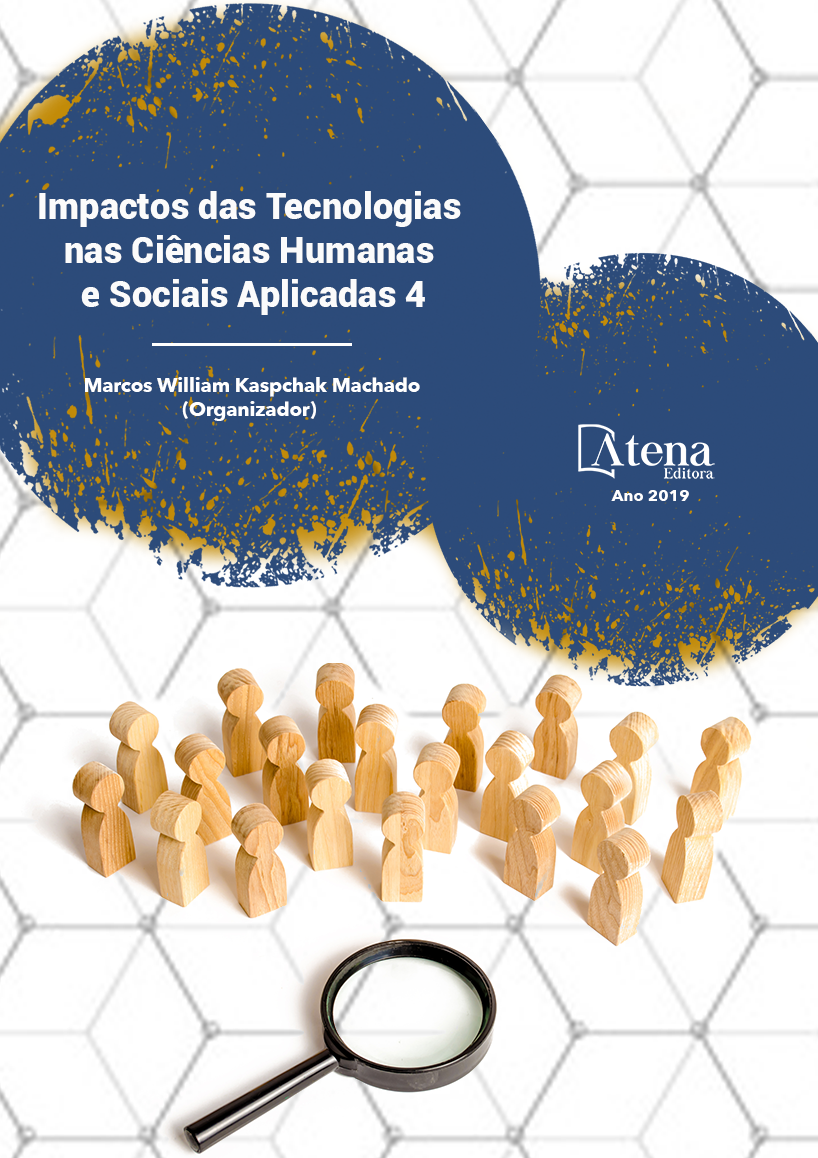
TEORIA BIOECOLÓGICA DO DESENVOLVIMENTO E O PROCESSO DE INTERSETORIALIDADE NO PROGRAMA SAÚDE NA ESCOLA
Compreender as demandas de
saúde da população considerando os diversos
contextos de vida do indivíduo, além de garantir
participação, para embasar a construção de um
processo intersetorial que envolva à saúde em
outros contextos. Assim tem-se como objetivo
relacionar a abordagem bioecológica de
desenvolvimento humano de Bronfenbrenner
ao processo de intersetorialidade no Programa
Saúde na Escola. Realizou-se uma pesquisa
do tipo bibliográfica, a partir de estudos
relacionados ao processo de intersetorialidade
no Programa Saúde na Escola, sendo os
materiais organizados e submetidos à análise
de conteúdo. A articulação de ações entre
saúde e educação com a participação da
criança e adolescente, permite compreendelos
dentro de um mesossistema, na conquista
à inserção de novos espaços e alcance do
desenvolvimento humano. A escola pode ser
um microssistema do ambiente bioecológico,
pois é um dos principais contextos de educação
e de formação, envolvendo comunicação,
conhecimento, participação e geradora de
interação mútua, entre alunos e equipes
setoriais. Mostra-se importante identificar as
características familiares e sociais das crianças
e jovens pois influenciam o rendimento escolar
e o processo saúde-doença. Além disso,
no macrossistema destacam-se as políticas
públicas e os programas intersetoriais, que
direcionam as estruturas das ações a serem
organizadas e realizadas em ambiente escolar
pelos setores envolvidos. Conclui-se que a
relação do processo de intersetorialidade a partir
da teoria bioecológica reforça a complexidade
dos elementos que interagem no processo de
desenvolvimento do indivíduo. É necessário que
os gestores preocupem-se com tais questões
ao planejarem os programas, bem como as
equipes ao planejarem as ações.
TEORIA BIOECOLÓGICA DO DESENVOLVIMENTO E O PROCESSO DE INTERSETORIALIDADE NO PROGRAMA SAÚDE NA ESCOLA
-
DOI: 10.22533/at.ed.64019110325
-
Palavras-chave: Teoria Bioecológica. Saúde na Escola. Intersetorialidade. Desenvolvimento Humano.
-
Keywords: Bioecological Theory. Health at School. Intersectoriality. Human development.
-
Abstract:
Understand the health demands of the population considering the
different contexts of life of the individual, besides guaranteeing participation, to support
the construction of an intersectoral process that involves health in other contexts.
Thus, the objective is to relate the bioecological approach of human development of
Bronfenbrenner to the process of intersectoriality in the Health in School Program. A
bibliographical research was carried out, based on studies related to the intersectoriality
process in the Health Program at School, and the materials were organized and
submitted to content analysis. The articulation of actions between health and education
with the participation of the child and adolescent, allows to understand them within
a mesosystem, in the conquest to the insertion of new spaces and scope of human
development. The school can be a microsystem of the bioecological environment,
since it is one of the main contexts of education and training, involving communication,
knowledge, participation and generating mutual interaction between students and sector
teams. It is important to identify the family and social characteristics of children and
young people as they influence school performance and the health-disease process.
In addition, the macro-system highlights public policies and intersectoral programs,
which direct the structures of the actions to be organized and carried out in a school
environment by the sectors involved. It is concluded that the relation of the process of
intersectoriality from the bioecological theory reinforces the complexity of the elements
that interact in the process of development of the individual. Managers need to be
concerned with such issues when planning programs as well as teams in planning
actions.
-
Número de páginas: 15
- Fatima Arthuzo Pinto
- Marluce Auxiliadora Borges Glaus Leão
- Renato de Sousa Almeida


